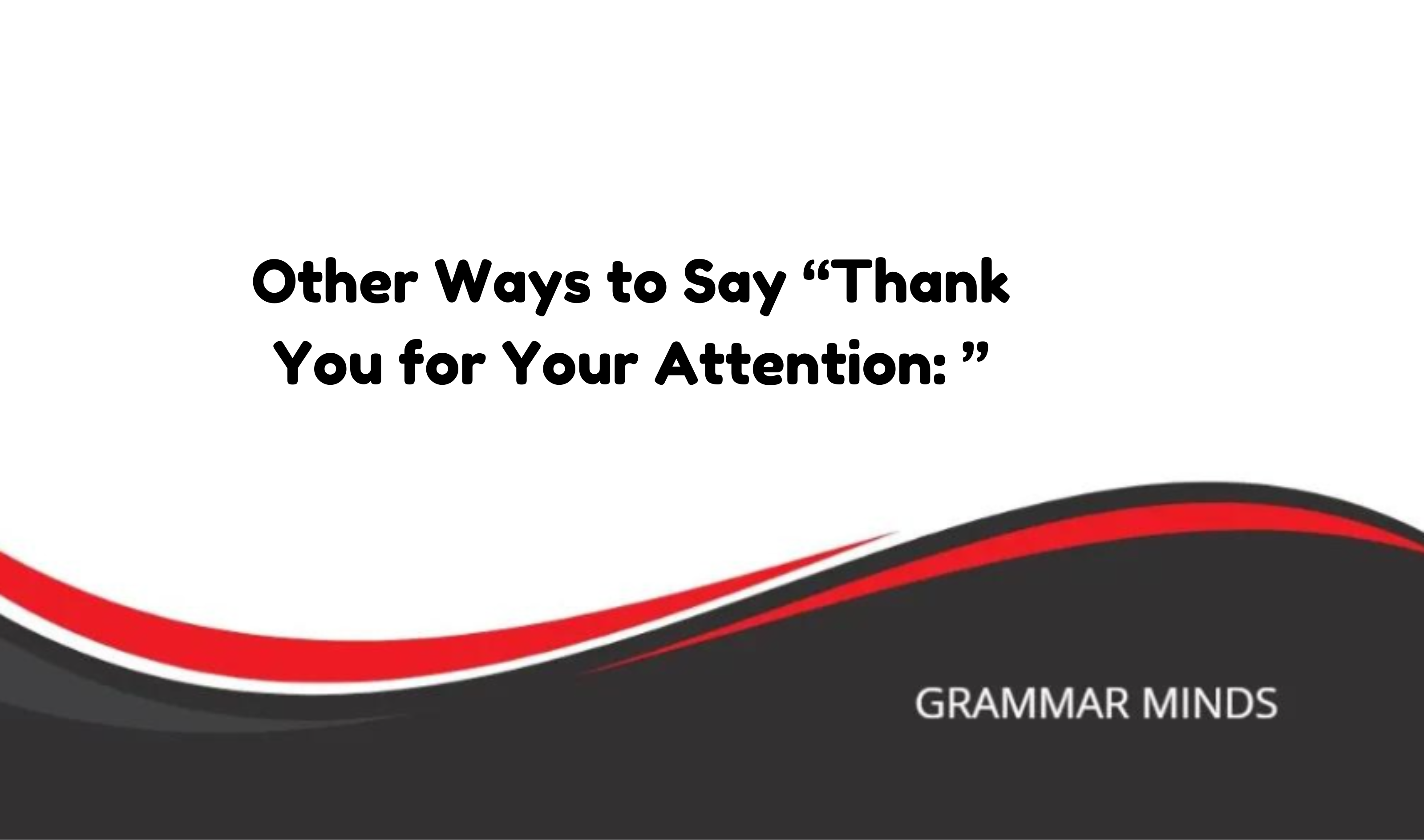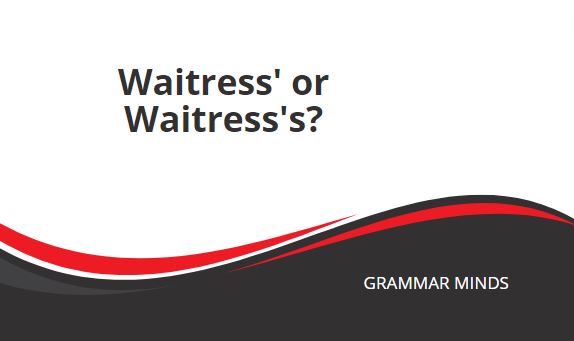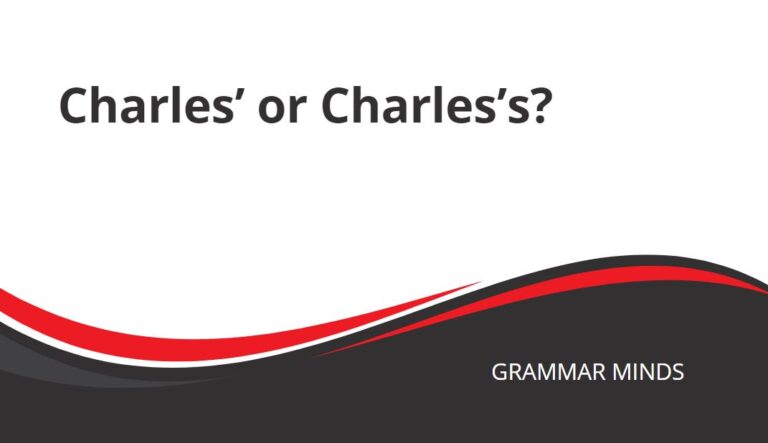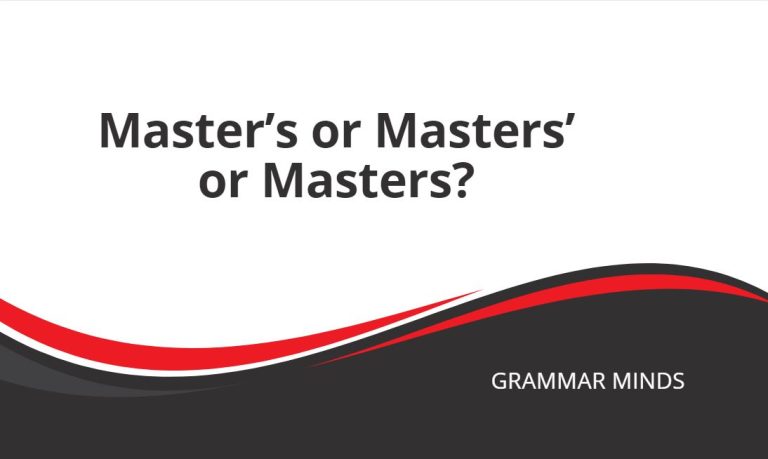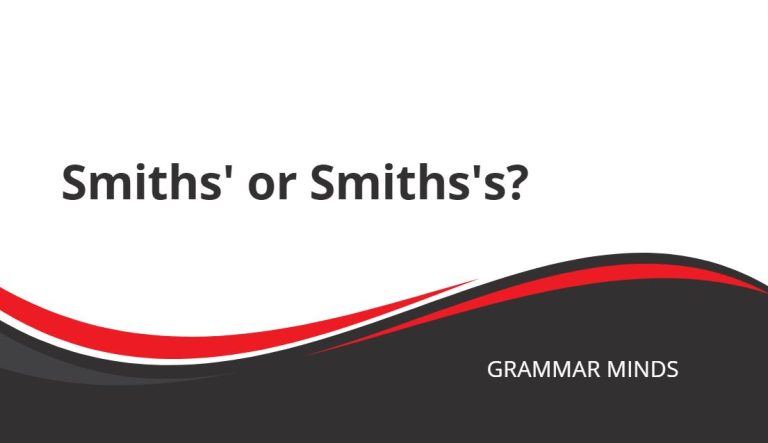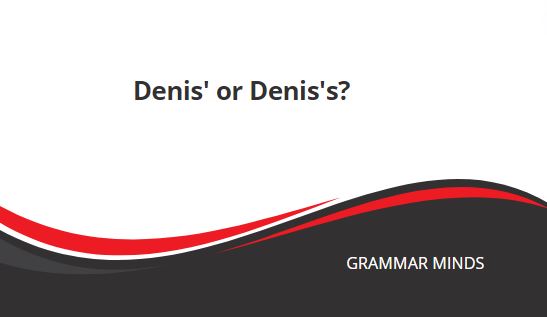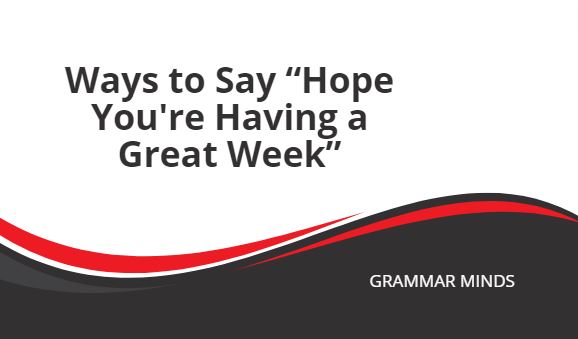In both spoken and written communication, expressing gratitude is essential to maintaining a positive tone and showing respect. One of the most commonly used phrases is “Thank you for your attention.” Whether you’re delivering a speech, presenting in a meeting, or concluding an email, this simple phrase can make a big difference in how your message is received.
What Does “Thank You for Your Attention” Mean?
When you say “Thank you for your attention,” you’re acknowledging that the listener or reader has given their focus and time to what you had to say. It’s a polite way to conclude a conversation, presentation, or email, ensuring that your audience feels valued.
Example:
Imagine you’ve just finished a presentation at work. You might say, “Thank you for your attention,” as a courteous sign-off before opening the floor to questions.
Why Is It Important to Use Polite Expressions?
Using phrases like “thank you for your attention” demonstrates good manners and professionalism. In many cultures, it’s expected that when someone gives you their time and attention, you acknowledge it. This phrase ensures that your communication ends on a positive note, which can improve the overall impression you leave on your audience.
Alternatives to “Thank You for Your Attention”
While this phrase is commonly used, it’s good to know other ways to express the same sentiment, especially if you want to vary your language in different contexts. Here are a few alternatives:
- “I appreciate your time.”
- “Thank you for listening.”
- “I value your input.”
- “I’m grateful for your attention.”
Using these variations can make your language more dynamic and keep your audience engaged without sounding repetitive.
When to Use “Thank You for Your Attention”
- In Professional Settings: This phrase is perfect for wrapping up a meeting or presentation. It signals that you’ve finished speaking and are ready to answer questions or discuss next steps.Example: “That concludes our presentation. Thank you for your attention. Are there any questions?”
- In Emails and Letters: This phrase is often used in formal correspondence to show appreciation for the reader’s time and consideration of your message. Thank you for your attention, and I look forward to your response.”
- In Public Speaking: At the end of a speech or lecture, saying “Thank you for your attention” can help you gracefully conclude while inviting further interaction.
Using polite expressions like “Thank you for your attention” is a simple yet effective way to show respect and gratitude in communication. By mastering these phrases, you can enhance your professionalism and ensure that your audience feels appreciated.

